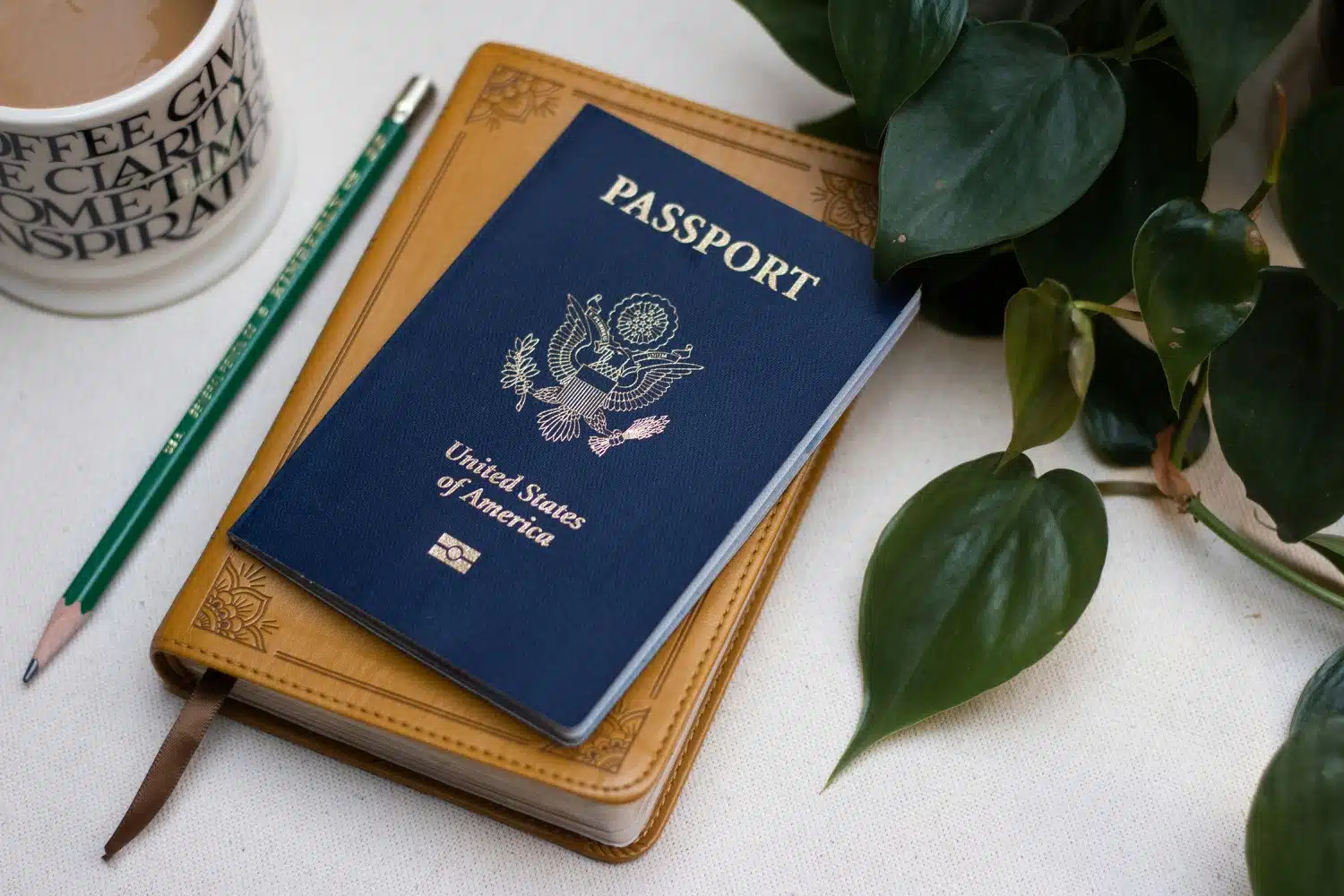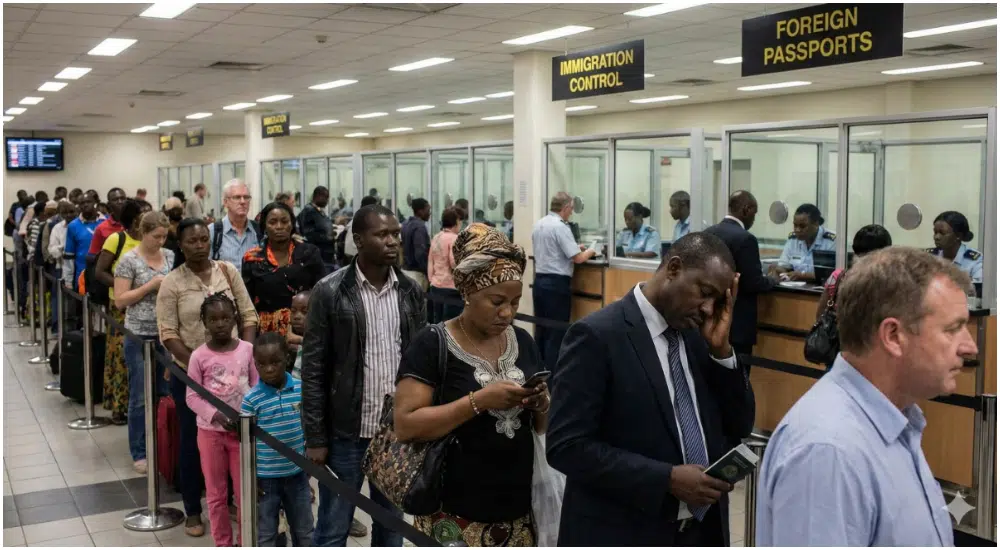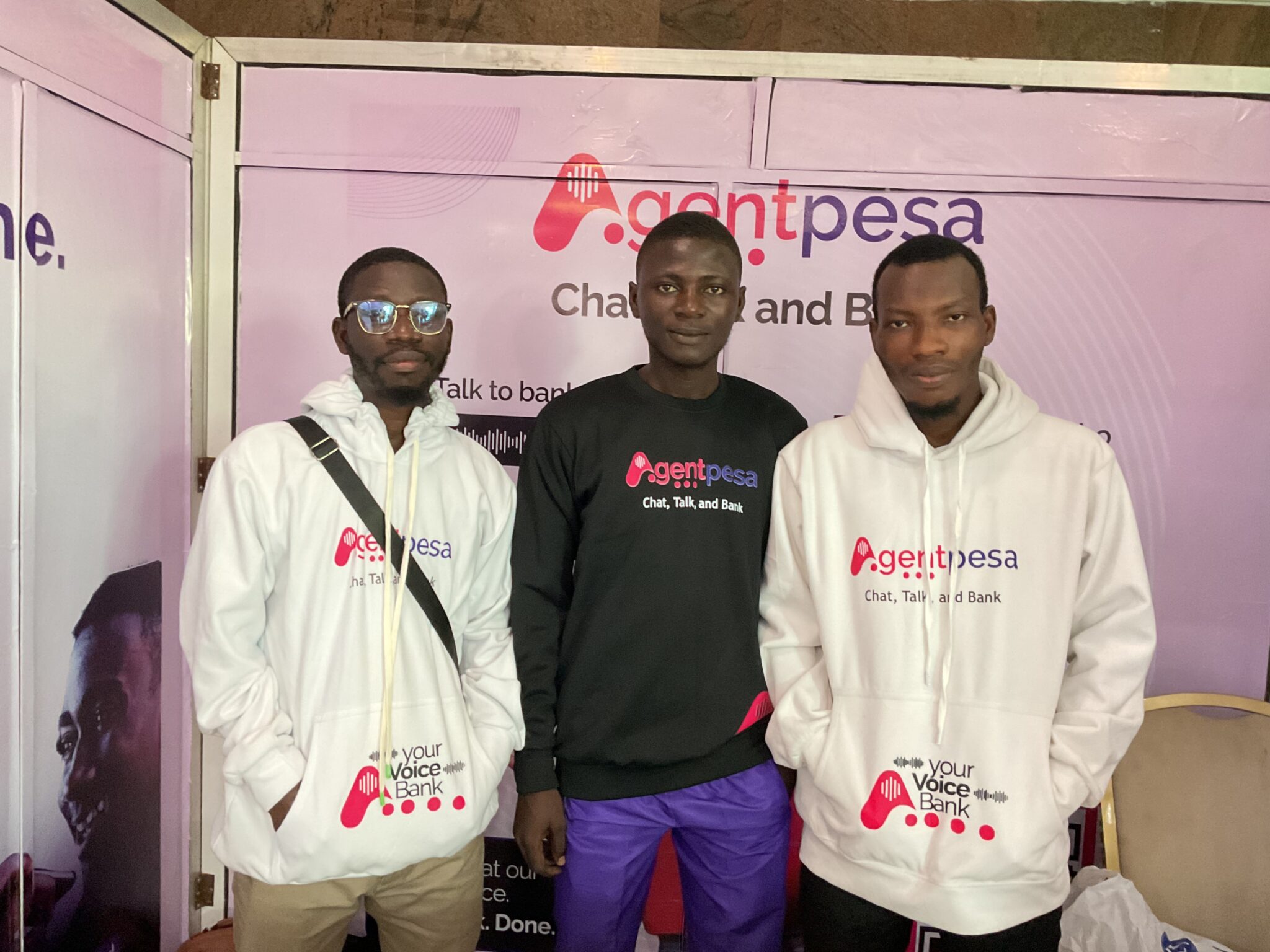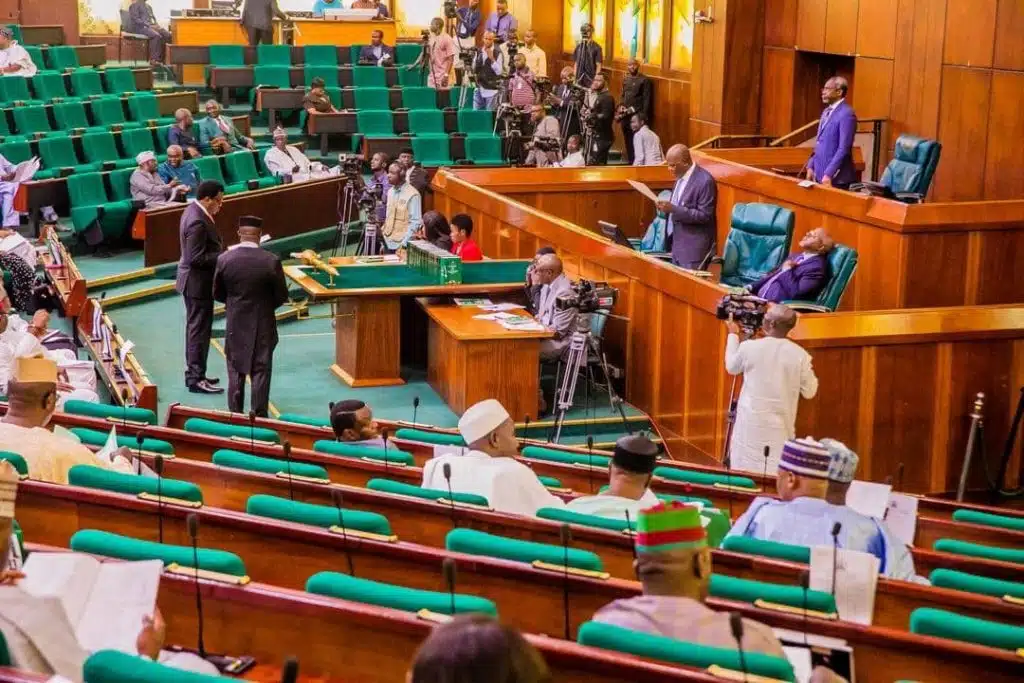The Minister also revealed ICT facilities are currently being deployed at fourteen institutes for the physically challenged and 222 community resource centres have been established by the USPF across the country at subsidized rates to boost internet access by the rural people.
EXCLUSIVE
1.4 Million Students From 27 Federal Universities Now Have Internet Access Via Connect Nigeria
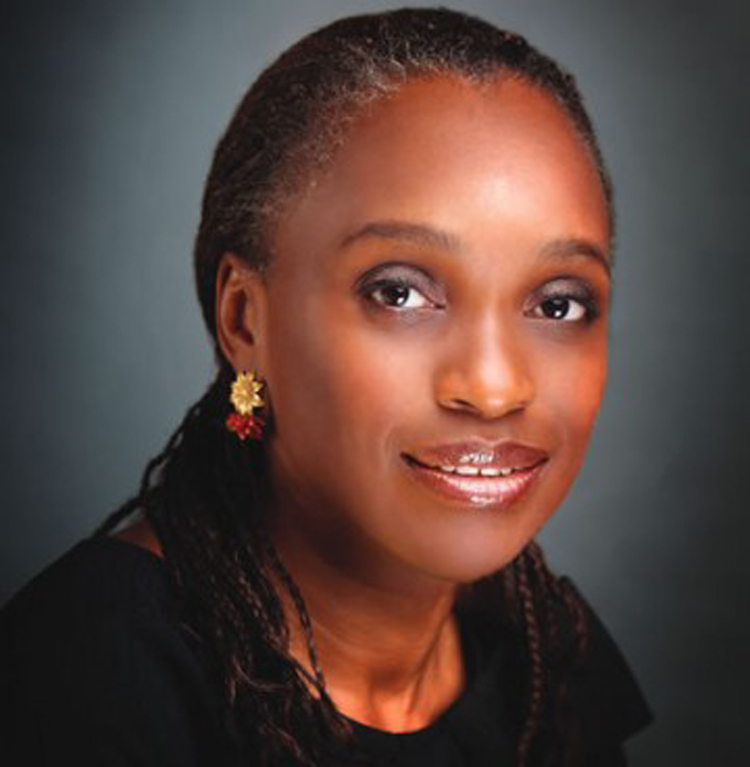
Published:


Psst… you’re reading Techpoint Digest
Every day, we handpick the biggest stories, skip the noise, and bring you a fun digest you can trust.
Dr. Omobola Johnson, the minister for Communication Technology, announced that about 1.4 million students in 27 federal universities are now connected to internet as a result of the ministry’s efforts; as reported by the media. Connect Nigeria, the initiative through which this was achieved, is a collaborative effort of the Ministry of Communication Technology with the Ministry of education and the World Bank’s STEP-B project in the deployment of fiber-optic cables to universities and affiliated medical colleges.
The Minister has also said that 3.4 million Polytechnic Students would be connected by the end of 2015 in what is to be the second phase of the project.
So far, according to the Minister, 1,552 secondary schools are equipped with ICT and 1,458,880 students are estimated to have been introduced to ICT via this programme. The Universal Service Provision Fund (USPF) is also billed to provide shared access to ICT services, including computer training while IT Centres have been made available in tertiary institutions as knowledge access venues, with about 271 centres already established in six federal universities.The Connect Nigeria initiative also covers the provision of public access venues, PAVs aimed at providing shared access to ICT facilities in underserved and un-served locations as well as ICT training for youths with disabilities in Nigeria, each equipped with tablet PCs.
Follow Techpoint Africa on WhatsApp!
Never miss a beat on tech, startups, and business news from across Africa with the best of journalism.
FollowRead next


